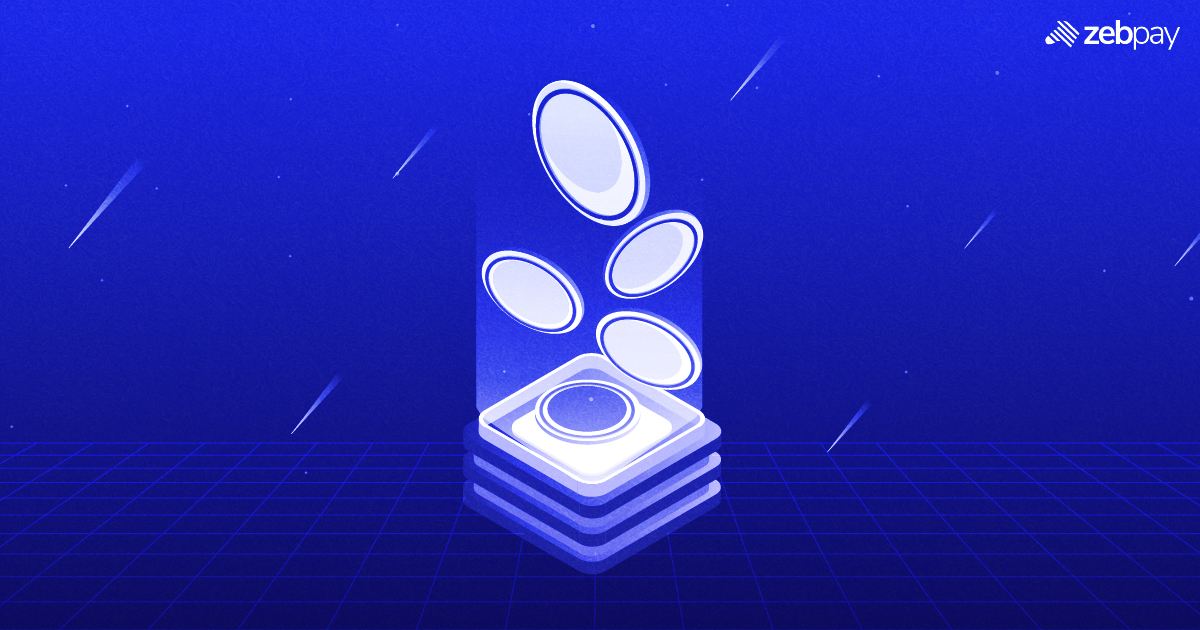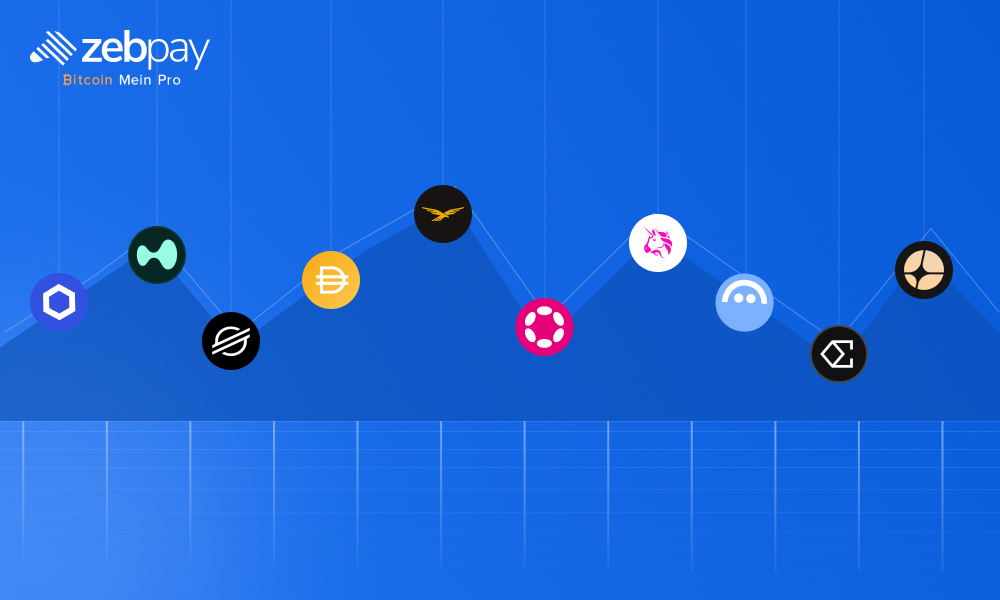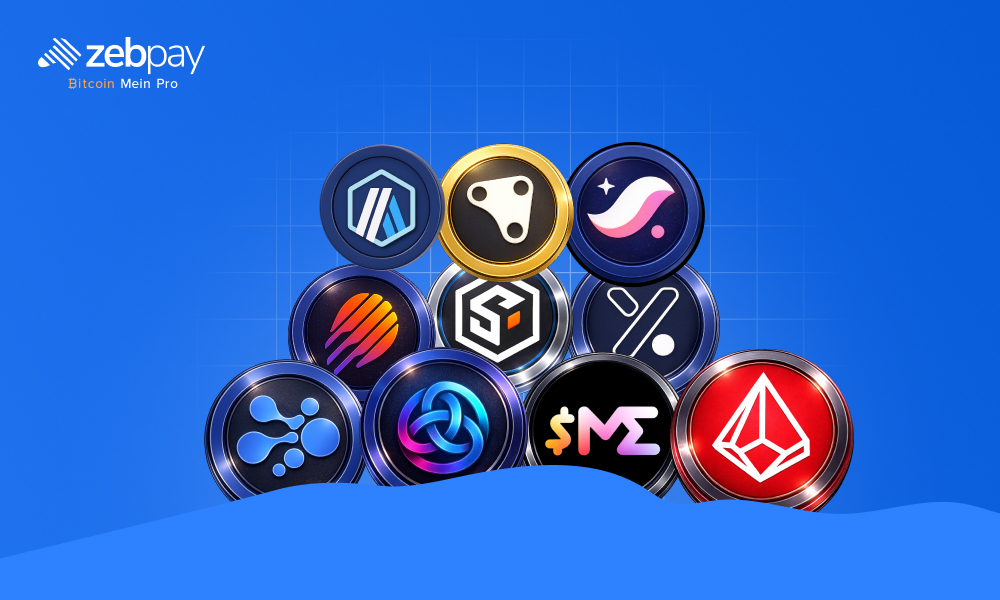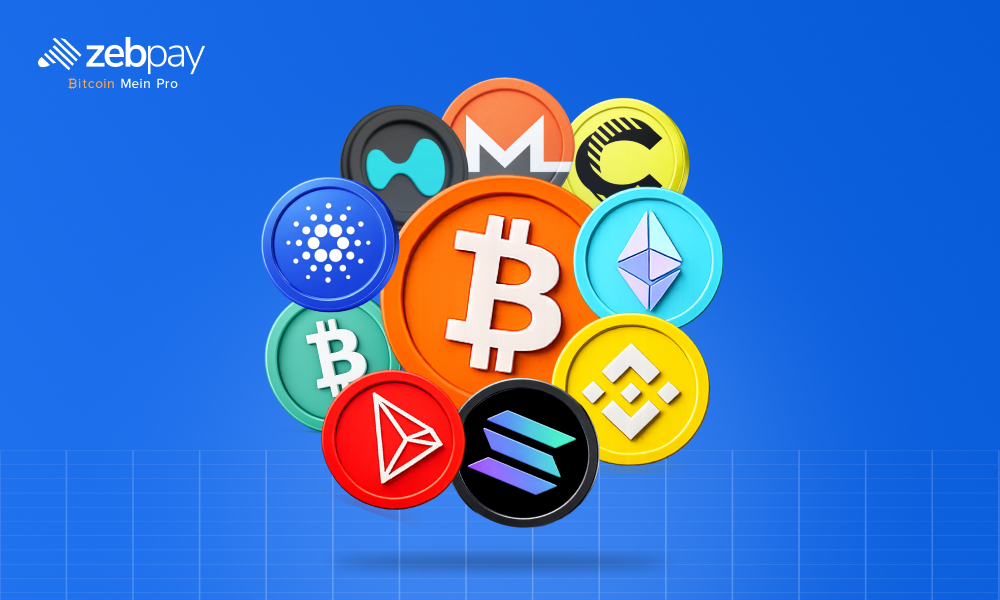Crypto tokens are digital assets that allow information and value to be transferred, stored and validated securely in a decentralised manner. They can be programmed with unique qualities to increase their use cases.
Tokenization is a concept that predates blockchain technology. Since the 1970s, the financial services industry has used tokenization to protect clients’ personal information. Traditionally, this process has involved converting sensitive information such as credit card numbers and other personally identifiable information into a string of alphanumeric characters, which is then processed through a cryptographic function to generate a unique key. This article will explore the various aspects of tokenization to see how it will shape the future of the crypto sector.
Tokenization: Beyond crypto assets
Tokenization is a versatile concept that can be applied to various assets such as art, music, real estate, and intellectual property rights. Real estate property such as buildings, land, and houses can be tokenized. It makes real estate investing opportunities available to a larger audience. Tokenized real estate allows for fractional ownership, facilitates easier ownership transferability, and lowers barriers to entry. Tokenization is also disrupting the art world.
Artworks and collectables can be tokenized, resulting in digital representations of physical items. These tokens serve as ownership proofs and can be purchased, sold, or exchanged on crypto networks. Copyrights, patents, and trademarks are examples of intellectual property rights that can be tokenized. Creators can efficiently monetize their intellectual property by transforming these rights into digital tokens. Tokenization allows for the fractional sale or licensing of intellectual property, making it more accessible.
Read more: What is Tokenization
The Advantages of Tokenization
Tokenization offers many benefits in the crypto sector; some include:
- Liquidity: Tokenized assets can be structured to be freely exchangeable online, allowing investors to get fractional ownership of the underlying asset of a token. As a result, crypto tokens can contribute to the liquidity of existing markets and offer more investment opportunities.
- Faster and Cheaper Transactions: Investors can use crypto tokens to avoid market intermediaries involved in the traditional asset management process. This feature substantially lowers transaction costs and processing time. It enables a more streamlined and cost-effective manner of transferring value.
- Transparency: Crypto tokens are stored on the blockchain, and users can easily track their origins. Transactions are automatically recorded on the blockchain. Crypto’s
immutability and transparency help ensure the legitimacy of each token’s stated history.
The Tokenization of Financial Instruments
Asset tokenization has emerged as one of the most popular use cases of distributed ledger technologies (DLTs) in financial markets, with assets such as securities (stocks and bonds), commodities (gold), and other non-financial assets (real estate) being tokenized. It can have far-reaching consequences for financial market practices, regulators, and market infrastructure across many asset classes.
DLTs and Smart contracts in asset tokenization can offer several benefits, including transparency, improved liquidity potential, efficiency gains from automation, and faster and more efficient payment settlement. However, there are many technological challenges in large-scale asset tokenization, such as scalability, interoperability, settlement finality, issues around digital identity, data protection, and legal and privacy issues.
Tokenization and Decentralized Finance (DeFi)
The role of tokenization in DeFi can make an impact on the financial world. DeFi can unlock liquidity that is locked up in illiquid assets such as art or real estate. Investors can buy small portions of high-value assets through fractional ownership, democratizing access to markets. This feature can reshape wealth distribution as it promotes financial inclusion and gives smaller investors options for diversification and access to new asset classes.
Real-world tokenized assets have the potential to reshape financial markets by giving investors access to a more diverse portfolio by incorporating art, music, real estate, and other tangible assets into DeFi. However, issues such as regulatory compliance, proper value, and handling conflicts need to be addressed for the successful integration of real-world assets into DeFi.
Read more: What is Decentralized Finance (DeFi)
The Role of NFTs in Tokenization
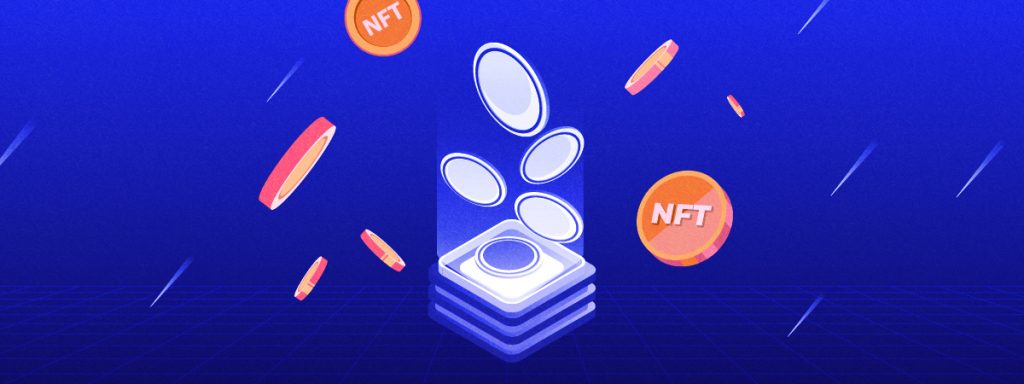
NFTs can transform any item, digital or real-world asset, into a verified and unique asset. They give physical objects a distinct digital identity on the blockchain. For example, you own a valuable comic book. Usually, you would keep it safe and perhaps show it to a select few friends. However, thanks to NFTs for tokenizing real-world assets, you can digitize the comic book, convert it to an NFT, and sell it online. Users do not receive the physical comic book, but rather an NFT indicating ownership of the book. They can prove that they are the true owners of the book thanks to blockchain technology.
However, NFTs are not confined to physical objects, as users can also tokenize digital assets. This feature expands the possibilities for digital artists and musicians. They can market their digital creations as one-of-a-kind assets while maintaining control over their work. They are being utilized by many enterprises to tokenize real-world properties. This feature allows people to buy and sell fractions of a property. So, instead of purchasing an entire property, you can buy a portion of one. It is an innovative approach to real estate investing that could make it more accessible.
Environmental Considerations in Tokenization
Crypto mining is vital in blockchain networks but requires significant processing power and energy usage. Tokenization and blockchains need complex hardware such as mining rigs to participate in network operations. The disposal of outdated hardware can contribute to e-waste concerns, potentially resulting in environmental issues.
Blockchain technology and tokenization have the potential to significantly contribute to solving climate change, biodiversity, and sustainability. They can help promote transparency and accountability in the carbon market with carbon credits. They can make it easier to buy and sell environmental assets and develop new financial products to finance sustainable projects.
Read more: Tokenization vs Encryption
Empowering Community Governance with Tokens
The token-based system is one of the most fundamental DAO voting techniques. A particular number of DAO members must vote for a proposal to be approved. If the threshold is reached, the decision with the most votes wins and will be implemented. Although token-based voting encourages active member engagement, it also has significant drawbacks. It is difficult to determine the required quorum or minimum number of members to vote. By requiring more members to vote, many proposals or ideas may fail due to poor participation.
DAO members gain voting rights based on the number of tokens they own. Incentives promote active participation and a sense of shared responsibility among members. Token holders use their governance tokens to vote on vital issues. Smart contracts make voting easy by ensuring transparent and automatic results calculations. Each crypto protocol has its own governance token rules, with tokens offering voting rights.
Read more: What is Decentralized Autonomous Organization (DAO)
Conclusion
Tokenization has expanded dramatically since 2001, backed by blockchain technology, to create new opportunities across many tech domains. Today, the possibilities for tokenization are numerous and far-reaching, as the technology improves transparency, security, and immutability. Its applications are limitless, with ongoing development and integration with other emerging technologies like artificial intelligence (AI) and the Internet of Things (IoT).
To stay up to date with the latest crypto news, visit ZebPay blogs. Click on the button below to trade on ZebPay.

